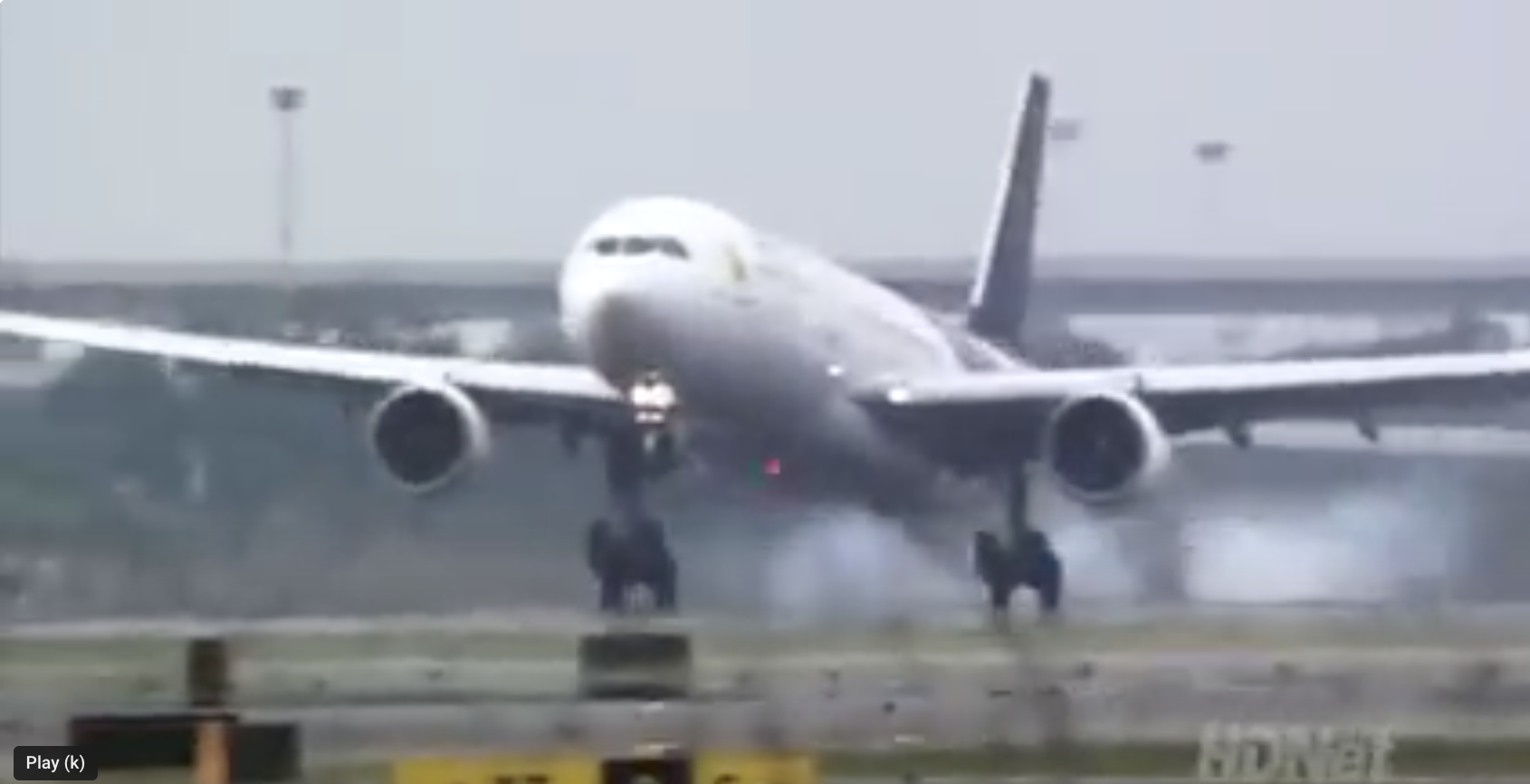Dan Rather Reports on NAFDAC

September 14,2010 - Dan Rather reports on the Nigerian Drug Enforcement Agency, NAFDAC, and it's attempts to protect Nigerian consumers from fake drugs in In The Mysterious Case Kevin Xu. The broadcast was shown September 14, at 8pm ET on HDNet.
Dan Rather spoke to Paul Orhii, Director General of The National Agency for Food and Drug Administration and Control (NAFDAC) about the problem of counterfeit drug important to Nigeria. Crime syndicates are flooding the country with fake drugs and are targeting the Director General.
"Most Nigerians support us unfortunately we operate under a very hostile environment too. My predecessor was shot at," said Orhii.
Dan Rather also spoke to Tom Woods, who works closely with international technology providers to help train and equip regulatory agencies with the help they need to fight counterfeit medicines.
Fake anti-malarial medications, vital life-savers, are among the most often smuggled into Nigeria. NAFDAC must police one of the world's busiest ports to identify and prevent the fake drugs from invading and damaging its residents. NAFDAC is using new anti-counterfeiting technology called raman spectrometry which can almost instantly identify fake medication. A small, hand-held machine, it can be used at the ports, but it's expensive. Woods facilitated the donation of two machines by Massachusetts manufacturers while the Nigerians hope international aid will provide money to purchase more. While US pharmaceutical companies and the FDA have been using this machine for years, Nigeria is the only African country with the device.
Orhii says in 2003, up to 80% of the medicine distributed to pharmacies in Lagos was fake, now using this technology pharmacy distributed counterfeits have drop to less than 10%.
NAFDAC is testing another new technology that utilizes cell phones and SMS messaging, using small scratch-off numbers. Customers can verify their medication by sending the scratch-off number via text to a a manufacturer service. In addition, NAFDAC is raising public awareness via television public service announcements.
The United Nations estimates that 45 million doses of fake anti-malarial drugs have been sold in West Africa with a value of $438 million. Fakes like these have particularly dangerous consequences. If the medicine has even a low dosage, the malaria parasite can build up a resistance making the real drugs ineffective.
Orhii says that cooperation with Chinese authorities have led to the arrest of and prosecution of six who manufactured and smuggled fake anti-malaria drugs.
Tom Woods said, "And you can walk into one of these [pharmacy] stalls and find fake drugs on the shelves... that's life and death. And it's just not Nigeria's problem. But, it's really becoming the world's problem because these drugs are not manufactured in large measure right here in Nigeria. And as you follow it up the food chain, you realize that we're all becoming more vulnerable."